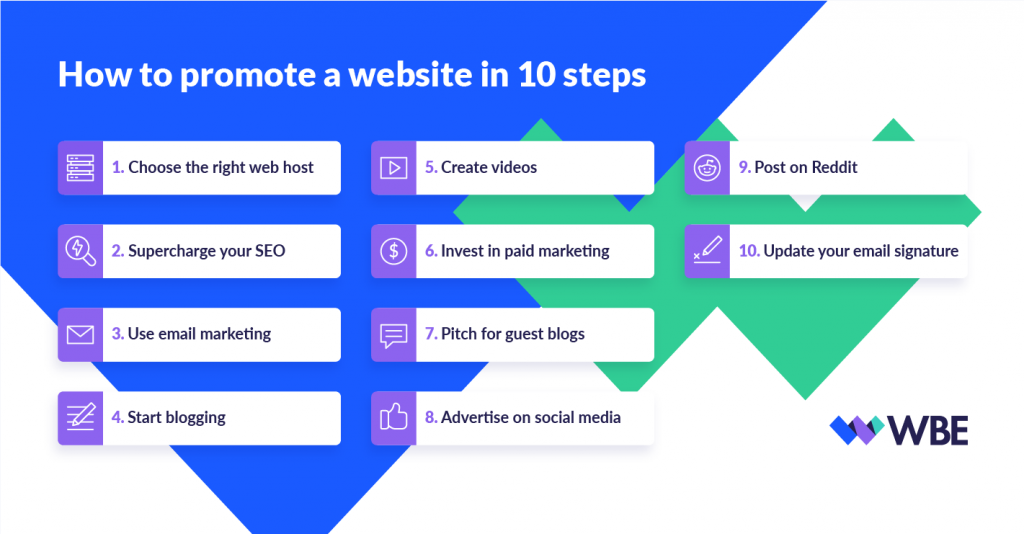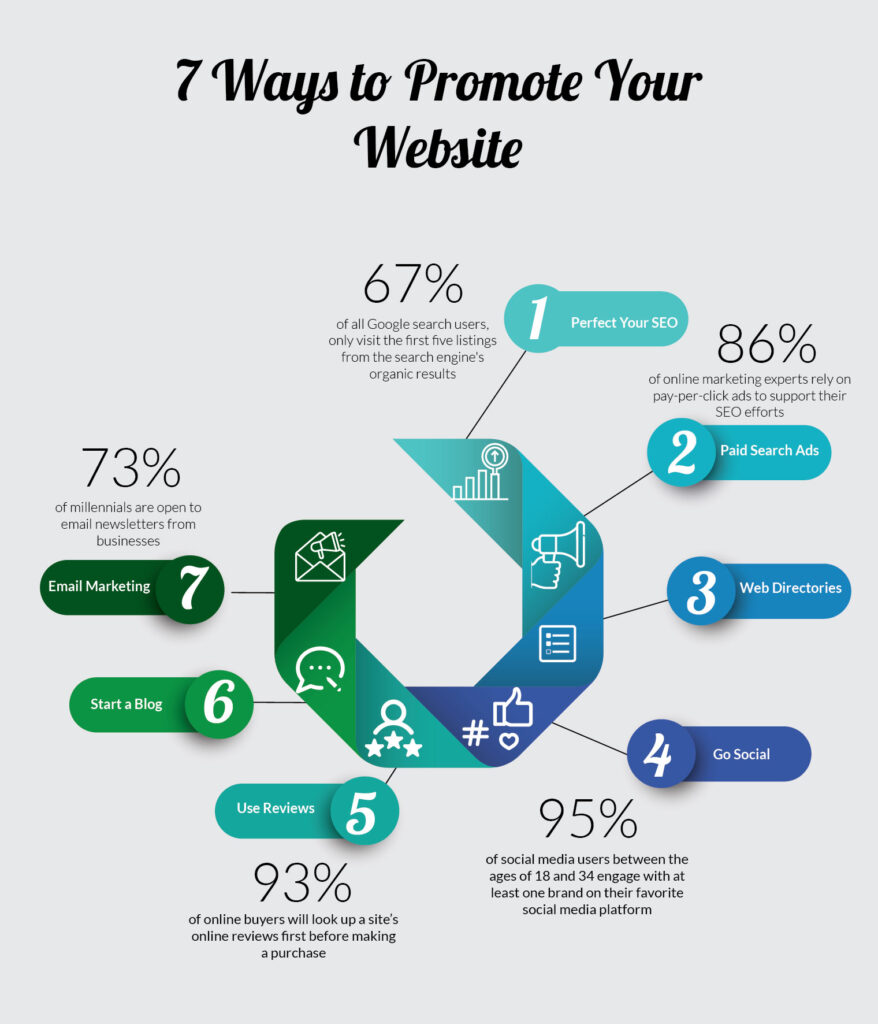The Right Way to Promote Your Website Through Wikipedia
Focusing on Quality Content not Self-Promotion
Wikipedia is a treasure trove of information for internet users around the world. However, the encyclopedia has guidelines around self-promotion and inserting links solely for commercial purposes. Instead of wasting efforts trying to manipulate Wikipedia, content creators are better off focusing on producing high-quality, useful information for readers. One legitimate way to get your work referenced is to publish well-researched articles on topics of general interest through academic journals or websites. You can then cite facts from your published work when editing related Wikipedia entries. However, keep in mind that web pages selling products or services alone are not considered reliable sources for Wikipedia.

Contributing to the Encyclopedia with Useful Insights
Another ethical approach is to become a Wikipedia editor focused on improving entries rather than self-promotion. You can provide context and perspectives learned from your expertise. Over time, as you establish yourself as a constructive contributor, other editors may come to trust your judgment. When a citation is needed and your own published work is relevant, experienced editors will be more receptive compared to new accounts immediately trying to plug backlinks. The key is making high-value, impartial contributions without expectation of direct benefits to your commercial endeavors. Wikipedia thrives because anonymous individuals work together in good faith to inform the public.
Academic Publishing Remains the Gold Standard
While alternative options exist, publishing research papers through reputable academic journals remains the surest path for getting cited on Wikipedia. Peer-reviewed publications demonstrate due diligence via expert evaluation ensuring information quality and integrity. Journal articles command respect as reliable sources throughout Wikipedia. However, don’t expect overnight success - it may take patience for your work to gain recognition and influence relevant entries. Commercial or self-published content alone has limited value due to verifiability issues without third-party vetting. Stick to producing solid work through established channels for the best long-term prospects of Wikipedia exposure.
Existing Solutions Often Promise More than They Deliver
Some websites offer help getting backlinks inserted onto Wikipedia, but their methods often conflict with site policies. While editors can in theory quote appropriately sourced facts while referencing the original material, in practice hyperlinked attributions tend to last only briefly before experienced administrators notice and remove self-referential promotional links inserted without context. Even if citations survive interim reviews, the pages benefited usually see low traffic. Services promising quick Wikipedia SEO should be viewed skeptically, as lasting benefits through unnatural placements are unlikely. Invest time developing credible expertise demonstrating value to readers rather than chasing short-term gains from manipulation.
Staying Within Wikipedia Rules Maximizes Sustainable Outreach
The only approaches conforming to Wikipedia’s principles are adding contextually relevant, verifiably factual contributions without conflicts of interest. Editors promoting their own works face harsher scrutiny versus impartial users. While giving back to the project through well-researched participation aiming to spread knowledge broadly, natural opportunities may arise organically to reference appropriately sited material. However, commercial pursuits must remain secondary to the encyclopedia’s non-profit mission. Staying strictly rules-compliant ensures ongoing positive Wikipedia interactions, whereas rule-bending risks account bans cutting off all involvement. Play the long strategic game by focusing on consistently high-quality independent contributions.
Valuing Intellectual Honesty and Community Spirit
At its best, Wikipedia shines as a platform where members collaborate towards building the sum of all human knowledge. However, the open editing model requires extra diligence preventing paidmanipulation or hidden marketing. While commercial entities understandably seek new client channels, approaching Wikipedia with integrity, expertise and community spirit best serves all parties long-term. Readers benefit from fact-based, ad-free information; editors cooperate openly empowering public enlightenment; and experts gain recognition amplifying their good works. Though gradual, participating constructively aligns interests of businesses and the Wikipedia mission towards shared goals of spreading facts for their own sake.
In Summary: Patience, Expertise and Impartiality are Key
To conclude, while self-promotion on Wikipedia seems alluring to outside parties, dedicated editors have instituted guidelines protecting the resource from being used as a paid channel. However, the open project also leaves room for experts to contribute knowledge in relevant areas of specialization. By publishing solid works through normal channels, participating constructively without conflicts over time, and focusing on impartial sharing of verifiable facts above private agendas, respected standing with the community becomes possible leading to opportunities for natural Wikipedia placement - but patience and playing by the rules are prerequisites for success through this approach. Commercial goals matter less than demonstrated ability helping further the non-profit mission for readers worldwide.
